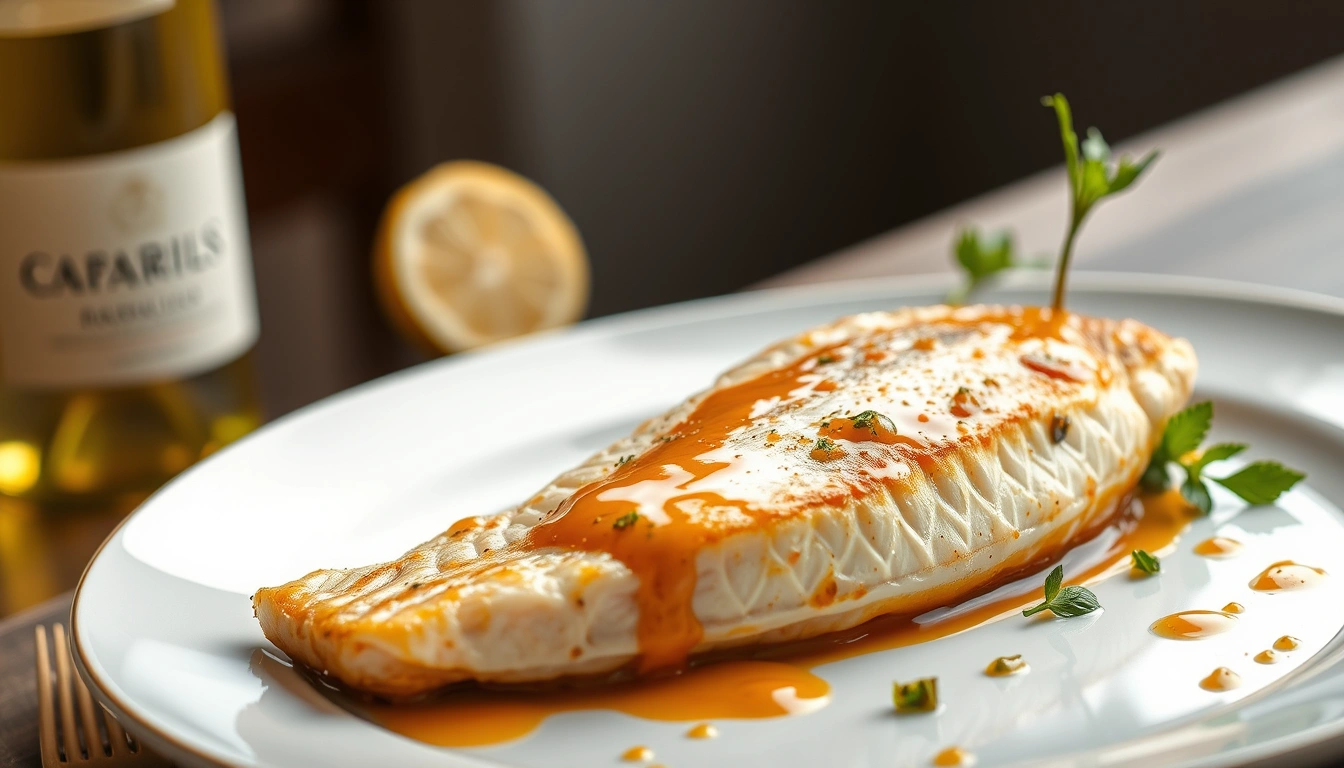Fish Marinade: History and Origin
Fish marinade is a traditional preparation found in various culinary cultures throughout Latin America. Its origin is related to ancestral techniques for preserving fresh fish using acids like lemon or vinegar, which "cook" the fish without the need for heat. In countries like Mexico, this preparation is known as ceviche, while in Ecuador and Peru it is also very popular and has variants that include different ingredients and spices. In Central America, it may be called simply marinade or escabeche, depending on the method of preparation. This technique has transcended borders and each region has adapted the fish marinade to its local flavors, making it an emblematic dish of Latin American cuisine.
The variety of names and styles reflects the cultural richness of the region and how the same culinary concept can have multiple expressions. Furthermore, fish marinade not only adds flavor but also preserves nutrients and presents a fresh and healthy option for those who enjoy seafood.
